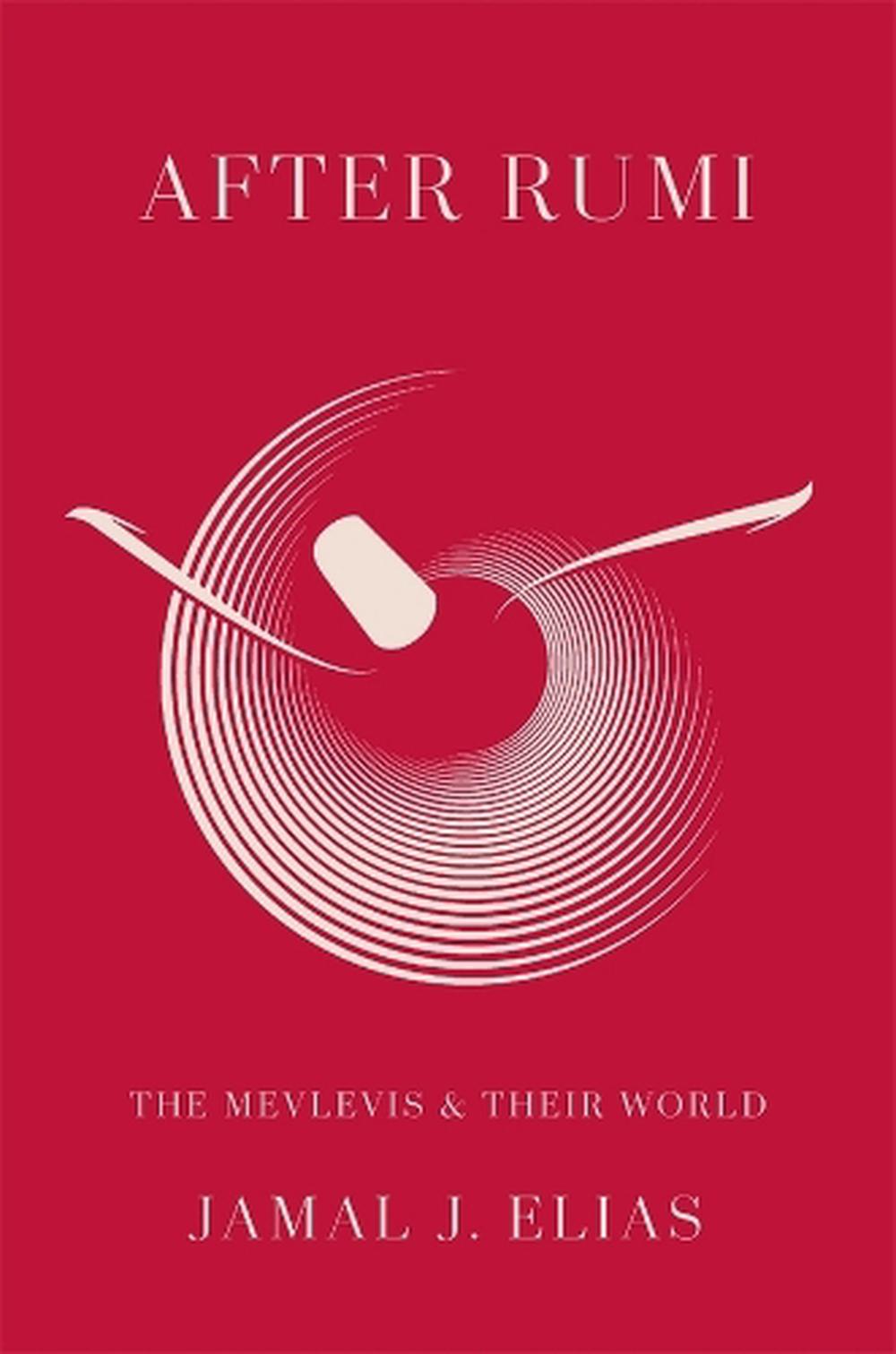
After Rumi
the mevlevis and their world
$72.79
- Hardcover
288 pages
- Release Date
23 September 2025
Summary
After Rumi: The Rise of the Mevlevis
A preeminent scholar of Islamic history chronicles the rise of the Mevlevis, the influential Sufi community founded by Rumi.
The thirteenth-century Persian poet and scholar Rumi is revered to this day. However, less attention has been paid to the Sufi community he founded: the Mevlevis, sometimes called the “Whirling Dervishes.” Centered on the descendants of Rumi and the disciples of his thought, the Mevlevis flourished …
Book Details
| ISBN-13: | 9780674296145 |
|---|---|
| ISBN-10: | 0674296141 |
| Author: | Jamal J. Elias |
| Publisher: | Harvard University Press |
| Imprint: | Harvard University Press |
| Format: | Hardcover |
| Number of Pages: | 288 |
| Release Date: | 23 September 2025 |
| Weight: | 577g |
| Dimensions: | 235mm x 156mm x 19mm |
You Can Find This Book In
What They're Saying
Critics Review
A singular achievement. In After Rumi, Elias argues convincingly that the Mevlevis are best understood as an ‘emotional community’ anchored by veneration of Rumi and his writing. It is a work of impeccable scholarship, making key contributions to the study of Islam in general and Sufism in particular. As the only major book since the mid-twentieth century to focus on one of the most consequential Ottoman Sufi networks, After Rumi definitively puts the Mevlevis back on the scholarly agenda. – Ahmet T. Karamustafa, author of Sufism: The Formative PeriodRemarkably lucid and erudite, After Rumi is an exemplary model for how to write the history of Sufi groups. Deftly exploring the relationship between literature, sociopolitical dynamics, and religious authority, it is a pivotal contribution to scholarship in Sufi, Ottoman, and Islamic studies. – Shahzad Bashir, author of Sufi Bodies: Religion and Society in Medieval IslamA vivid account of how the Mevlevi community shaped the social, religious, and linguistic landscapes of Anatolia and the Ottoman Empire. Exploring the lineage of spiritual and cultural transmission, Elias’s fresh and nuanced interpretations show how the Mevlevis became a central—though often overlooked—part of Rumi’s legacy. – Haleh Liza Gafori, editor and translator of Gold: Poems by Rumi
About The Author
Jamal J. Elias
Jamal J. Elias is Walter H. Annenberg Professor of the Humanities and Professor of Islamic History and Visual Culture at the University of Pennsylvania. He is the author of Alef Is for Allah, Aisha’s Cushion, On Wings of Diesel, and The Throne Carrier of God.
Returns
This item is eligible for free returns within 30 days of delivery. See our returns policy for further details.




